
Nasal problems refer to any condition that affects the nose or sinuses, such as blockage, irritation, bleeding, or abnormal growths. These issues can interfere with breathing, cause discomfort, and affect daily life.
One of the most common nasal issues is a nosebleed, bleeding from inside the nose, usually caused by broken blood vessels in the nasal lining.
There are two types of nosebleeds:
Why is there blood with mucus from the nose?
This usually happens when the nasal lining is irritated or inflamed. The blood often mixes with mucus during colds, sinus infections, or allergy flare-ups. It may also point to a deeper infection or damage to small blood vessels inside the nose.
Nosebleeds can seem scary, but are often manageable. The key is to understand what triggers them and when to see a doctor.
People need nasal treatment when nasal issues begin to affect daily comfort and breathing. Conditions like constant nose blockage, bleeding, bad smell, or facial pressure are not just minor annoyances. They may point to infections, growths, or long-term inflammation.
When nasal problems are not treated early, they can lead to poor sleep, fatigue, headaches, and reduced quality of life. ENT treatment helps reduce symptoms, clear blockages, prevent further infections, and improve breathing.
The 5 common causes of nasal problems are:
Nasal problems can start with mild signs that people often ignore. A blocked nose, bad smell, or slight bleeding may seem common, but if these symptoms last for weeks, they may indicate something more serious. Paying attention to these early signs helps in getting faster and better treatment.
Here are some of the most reported nasal symptoms that should not be ignored:
These symptoms can also appear in other conditions like allergies or colds. But if they continue for more than 10 to 14 days, it’s time to visit an ENT doctor. In many cases, long-term blockage or facial pressure may be caused by sinusitis, a condition where the sinuses become swollen or filled with mucus. For more details on nosebleeds, check out this guide on causes, treatment, and prevention.
If you have nasal symptoms that do not go away in a few days, you should visit an ENT specialist. The doctor will ask about your symptoms and may check the inside of your nose using a light or a thin camera tube (nasal endoscopy).
Tests like a CT scan or allergy test may also be done if needed. These help to find the exact cause of the problem.
In many cases, treatment starts with:
If the problem does not improve, the doctor may suggest removing nasal polyps or correcting any blocked passages with minor surgery.
Early action helps reduce discomfort and prevents serious problems like repeated infections or long-term damage.
Doctors may recommend ENT treatment when symptoms become regular, painful, or start affecting daily life. Here are common situations where treatment becomes necessary:
Delaying care may lead to further damage inside the nose or sinuses. Early treatment improves breathing, reduces infections, and brings back comfort. For assistance with ENT treatments abroad, visit Bangla Health Connect to begin your journey to better health.
.png)
Through Bangla Health Connect, Bangladeshi patients can access world-class hospitals in India, Thailand, and other countries that specialise in treating chronic nosebleeds and complex nasal problems. Many patients travel abroad for advanced care, accurate diagnosis, and treatment options that are not always available locally.
Here’s why Bangladeshi patients choose nosebleeds and nasal issue treatment with Bangla Health Connect in hospitals worldwide:
For Bangladeshi patients, Bangla Health Connect provides a reliable pathway to expert ENT specialists, advanced procedures, and affordable global care for nosebleeds and nasal issues.
Bangla Health Connect connects patients with trusted hospitals worldwide that specialise in ENT and nasal care. These centres are known for their highly skilled ENT surgeons and rhinologists, advanced diagnostic tools, and modern treatment techniques. With dedicated support services for international patients, Bangladeshi patients receive timely, effective, and compassionate care abroad.

.jpg)

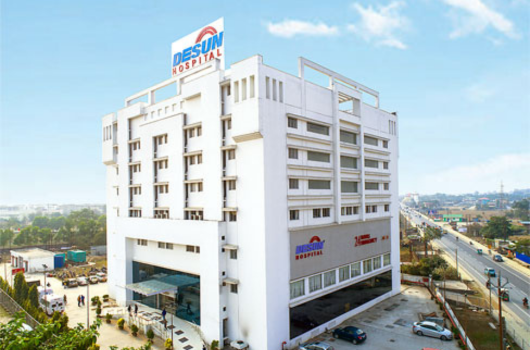
.png)
.png)


.jpg)
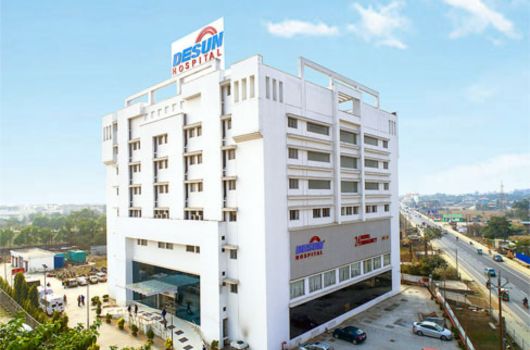




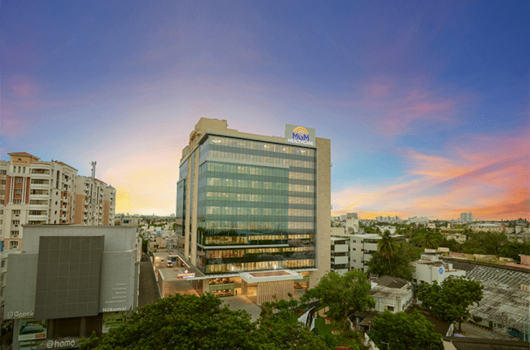


.png)

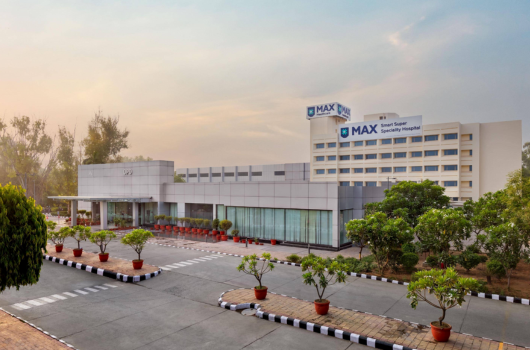
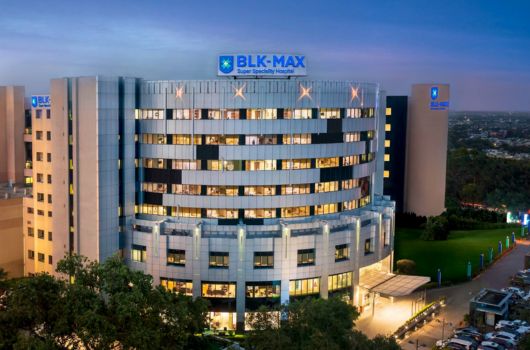
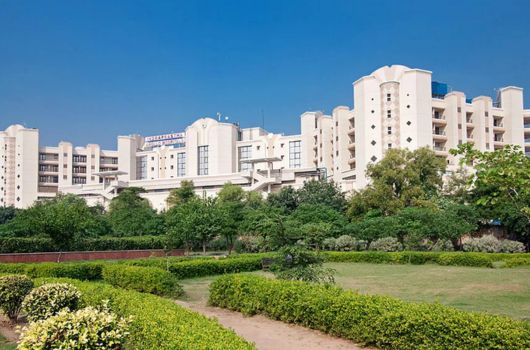


.jpg)


These hospitals follow global treatment guidelines and provide full support for Bangladeshi patients through Bangla Health Connect.
The average cost of Nasal problem treatment in India ranges from $200 to $800, while in Thailand, it ranges from $2,200 to $3,500. The final cost may vary based on multiple factors such as the treatment method, hospital location, and the patient’s specific condition. Before viewing the detailed table of treatment-wise costs, it's helpful to understand what influences these expenses most.
Note: India is well known for offering cost-effective advanced treatment. Hospitals combine affordability with strong clinical outcomes, supported by skilled experts and the widespread availability of generic medicines.
Note: Thailand’s hospitals are often promoted as premium destinations for international patients. Their higher costs reflect the use of advanced imported medicines, luxury infrastructure, and all-inclusive patient care packages.
The costs listed are approximate and may vary based on hospital, location, and patient needs. Consult the healthcare provider for accurate and updated information.
The currency conversion rates in the table above are based on data from October 2025.
For more help on cost estimates and personalised guidance, contact Bangla Health Connect.
Treatment success depends on the condition's severity and how early it's addressed:
Early treatment helps prevent complications and reduces long-term reliance on antibiotics. Most patients report lasting relief, better breathing, and improved daily comfort after appropriate treatment.
In ENT care, “success” usually means:
For conditions like nasal polyps or chronic sinusitis, long-term success also depends on follow-up care and avoiding known triggers such as dust, smoke, or allergens.
Top hospitals focus on accurate diagnosis, advanced therapies, and holistic care for patients with nasal issues. Their approach includes:
This combination of precise diagnostics, expert care, and patient-focused management helps restore normal breathing, reduce nasal discomfort, and improve overall quality of life.

Dr Krishna Kumar, Senior ENT Consultant at Apollo Hospitals, OMR, Chennai, explains that while simple nasal allergies may only need medication, the presence of nasal polyps, grape-like growths that block the nasal passage, can lead to chronic bacterial or fungal infections like allergic fungal rhinosinusitis. These serious infections can cause persistent symptoms, including nasal blockage and headaches. Timely diagnosis using a CT scan and nasal endoscopy is crucial, as early surgical intervention can significantly relieve symptoms and improve quality of life.
Bangla Health Connect helps Bangladeshi patients at every step of their ENT treatment journey. Our team works closely with top medical centres abroad to make the process simple and worry-free.
Choosing Bangla Health Connect means better ENT care, faster access, and full support throughout your treatment journey. Reach out to Bangla Health Connect to begin with confidence.
Note: Bangla Health Connect does not provide medical advice of any kind.
✅ Share Your Reports - Bangla Health Connect connects you with trusted hospitals worldwide.
✅ Get treatment plans from leading Hospitals worldwide
✅ Choose the one that fits you
✅ Let us handle the rest
It may happen due to dry air, nose injury, allergy, or infection. If it keeps happening, a doctor should check for deeper causes.
It often means irritation or infection inside the nose. If the bleeding is frequent or heavy, it needs medical attention. Consult a doctor for proper diagnosis and treatment.
Small polyps may shrink with nasal sprays or tablets. Large or repeated polyps may need surgery to stop blockage and breathing issues. It’s important to seek medical advice for accurate treatment and faster recovery.
A bent nasal wall, swelling, or a polyp can block one nostril. It may shift sides depending on sleeping position or the nasal cycle. Consult a doctor if you have a blocked nostril.
Sinusitis is swelling or infection in the sinus spaces. Doctors may give medicine or do a small surgery to open blocked areas.
Use a nasal wash, treat any infection, and keep your mouth clean. If the smell continues, a doctor may do a scan or an endoscopy.
Yes. With Bangla Health Connect, you can book a doctor, get a visa letter, and plan your visit with full Bengali-language support.

